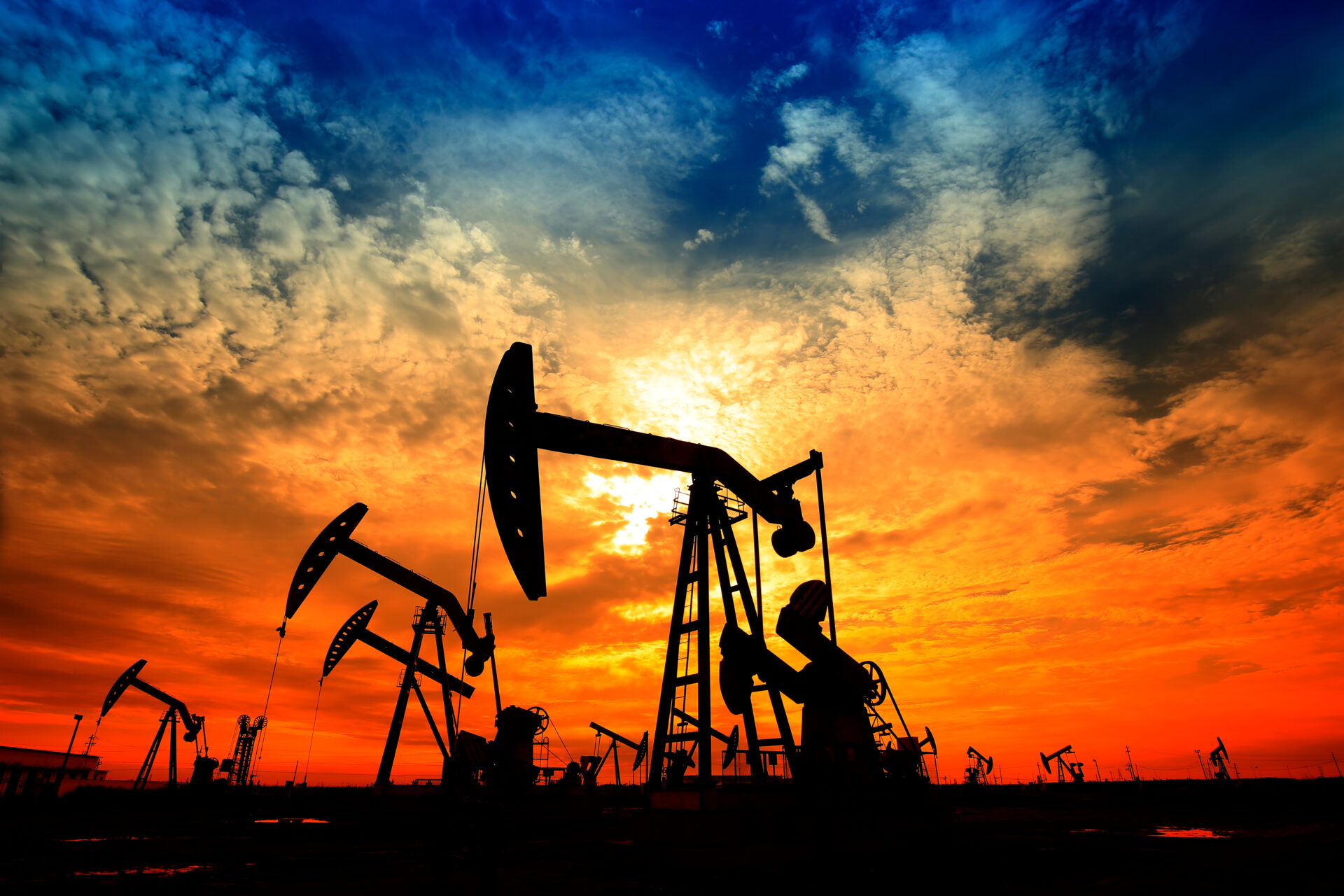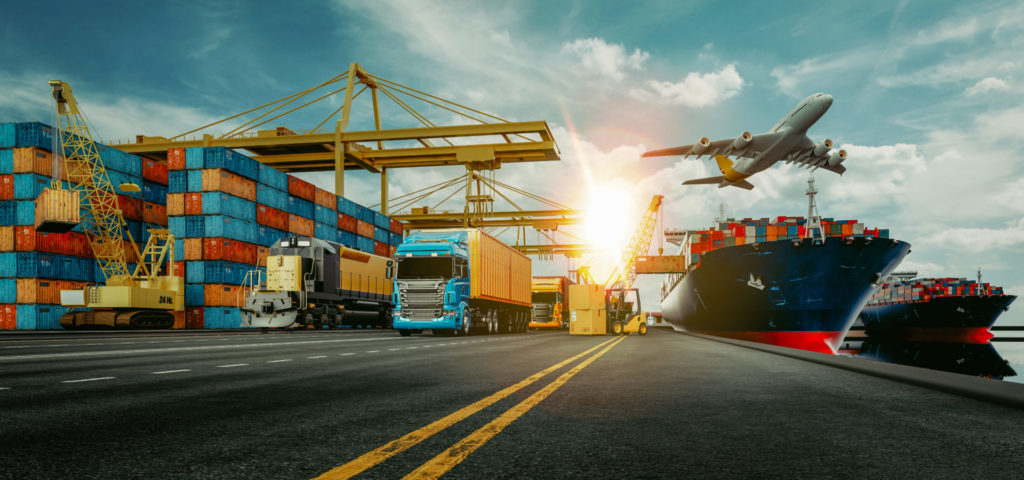Natural gas, a relatively cheap commodity during the pandemic last year, has skyrocketed to record highs in price this year – due to an increase in demand and shortage in supply as entire regions gear up for a post-pandemic economic recovery.
Asia’s spot liquified natural gas (LNG) price under the Japan-Korea Marker stood at less than $2 per metric million British thermal units (mmBtu) last year, yet soared in recent months, reaching over $34 per mmBtu in October 2021. In Europe, the natural gas prices have increased by a jarring 300% this year as well.
But what can, or should, commodity traders make of this meteoric surge in prices?
With the global natural gas market fluctuating so wildly, it is important to understand the fundamental causes at play. A holistic understanding of the present situation allows for a more strategic approach to trading in the natural gas market.
Why did natural gas demand increase?
Several interconnected events have contributed to this recent surge.
With COVID-19-related travel restrictions and work-from-home policies gradually easing, demand for natural gas is starting to rebound everywhere at the same time. As a result, the global market now enters an intense competition for this commodity, putting a strain on supply and raising prices across entire regions.
Seasonal fluctuations are also beginning to play an important role. In Europe, a longer-than-usual winter last year depleted the region’s own natural gas storage by approximately 20 percentage points, from 95% to 75% of the region’s total working volume. As the winter season approaches this year, a new supply crunch on natural gas is expected. Furthermore, the decision among many European countries to transition towards cleaner energy sources (e.g. from coal to natural gas) could put even more pressure on supply.
In the Asia-Pacific region, China is aiming to import natural gas, increasing its storage levels even at today’s elevated prices. This move is intended to address its own gas shortage and prepare for the incoming winter season, though the result may catapult natural gas to a potentially even higher price. China Petroleum & Chemical Corporation, or Sinopec, China’s state-owned oil and gas giant, has already secured approval to purchase 13.3 billion cubic metres of LNG from overseas, representing a 9% increase over its winter imports a year ago.
At the same time, Southeast Asia joins other economic powerhouses such as Europe, China, and the USA in experiencing a wave of increased gas demand alongside a supply crunch. For example, the natural gas supply shortage in Indonesia has created a knock-on effect on Singapore, which typically relies on Indonesia for importing LNG via pipeline.
As 95% of Singapore’s electricity generation relies on LNG, the country’s supply issues have caused a spike in electricity prices, to the point where three energy providers have stopped accepting new customers. As a countermeasure, Singapore LNG Corporation, which normally supplies 25-30% of the country’s total natural gas, is considering the option of increasing LNG inventory at its terminal, in hopes of easing the country’s gas shortage.
How does this price surge affect commodity trading?
The commodity trading arena continues to feel the impact of this price surge. The leading global commodity trading companies were told by the relevant brokers and exchanges to deposit additional funds – also known as margin calls – of up to hundreds of millions of dollars to cover their risk exposure as a result of the surging gas prices.
Specifically, multiple sources have confirmed that Glencore, Gunvor, Trafigura, and Vitol are among the top commodity trading companies facing major margin calls, mostly on their trade positions.
But why did the margin calls happen in the first place? Traditionally, the commodity trading companies would implement an arbitrage trade strategy on a spread between the natural gas markets in Europe and the USA – meaning that if the price spread between the two markets is significant, then one would purchase at the lower price and sell the commodity at a higher price in the other market.
This strategy backfired when natural gas prices in Europe soared due to high price demands and limited supply – also known as a “rogue wave”. As a result, traders that typically use loans to enter into trades are now being hit with margin calls. These traders would usually have a financial cushion “minimum margin” of 10-15%, but their funds are now reaching into this minimum margin.
However, not every major commodity trading company will suffer a major financial loss. Most of them have deep financial pockets and top-notch risk management practices that can compensate for market movement. Gunvor, for instance, announced in their official statement that “Gunvor has the processes and instruments in place to effectively manage this volatility.”
On the other hand, smaller trading firms without deep financial pockets will find themselves more exposed to fluctuations and margin calls as they occur.
Trade and tread with caution
With so many factors at play for the natural gas market, commodity traders are making all kinds of moves. Some major commodity players that have secured long-term contracts to purchase cargoes of LNG from the USA until the year 2041 are carefully assessing their risk management options, while other traders are betting that natural gas prices will continue their rise up to $40 per mmBtu.
Wherever the market goes from here, the winners will be those that collect detailed knowledge about all the relevant variables, and construct a sensible strategy based on quality insight. The alternative approach – jumping at every fluctuation, or blindly following the crowd – could increase the risk of a major loss.
Sailing in this sea is rough, but a seasoned professional with a deep understanding of the natural gas market can help you chart a course to success. The Connexus Global team will help you bring the right talent onboard, for smoother sailing in the years ahead. Contact us today to get started.










